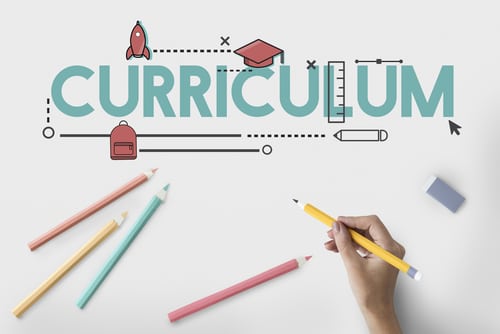Now is the time to rethink college mental health for online and campus programs. Covid-19, financial issues, and more have impacted the mental health of college students. A survey by Active Minds, an organization focused on mental health for K-12 and Higher Ed, reports that 80% of college students stated COVID-19 has negatively impacted their mental health. Here are a few ways to help.
Champion the Program
At a time when mental health is front and center, champions are needed. Without champions, the program risks being underfunded. Champions safeguard resources for the mental health in college students. Moreover, champions, deans make sure the right amount of funding is allocated. Good champions are at the table to ensure the mental health programs are not being reduced or being cut.
Remove the Obstacles of College Mental Health
Therefore, funding continues to be one of the biggest problems that universities face. Decreases in enrollment, implementation of online programs — all piled up during the pandemic. Now, the bills are due. Still, to best serve students, administrations need to be nimble and collaborative. Likewise, now is the time to connect department chairs and campus outreach programs. Ask for their ideas. Moreover, now is a great time to bring together all campus resources that support student wellness, build community, and foster academic success.
Make Resources Easy to Access for the Mental Health in College Students
Moreover, make the resources easy for faculty, staff, and students to access. Each individual will need different, comfortable ways to access mental health resources. Sometimes, the stigma surrounding the use of mental health resources is a barrier. Therefore, the more staff who use the resources will signal to the students to follow suit. Deans can set up collaborative programs and services, such as teletherapy. Also, if needed, make it easy for parents to be involved in the students’ care. Besides that, encourage a wide range of collaborative efforts. Simple actions, like making sure links are displayed on department pages, make resources easy to access.
Redefine Success as Resiliency
Besides that, graduate programs may need to set new success metrics. Rather than judge students and faculty on the number of publications and funding obtained, look elsewhere. Now maybe is the time to reward resilience. Students who showed up in the fall and completed courses have shown resilience in the face of adversity. Provide empathy for students. Celebrate the success of being back on campus. Remind them that after a year of grief and loss that they are coming out on the other side.
Train Faculty and Staff for the Mental Health in College Students
Therefore, not every student that talks to a faculty member need to be sent immediately to the counseling center. Invest in staff training that provides easy screening tools for full and part-time faculty. Over the past year, students are saying that they want and need more help. Often, faculty is the first contact a student will make. Train staff to make sure everyone sends the message that mental health and wellness take different shapes, like a new activity or spin class. Some mental health needs might be served better in activities other than one-to-one therapy. Also, send the message that no problem is too big or too small to address. Encourage and lead staff to include links to mental health resources in their syllabi. Give faculty and staff a guide on how to help students in distress.
To conclude, now is the time to double down on mental health programs and resources. After a year of isolation, students are ready to return to campus. Faculty and staff are ready to welcome them. Still, the pressures of reentry are great. College mental health programs need a champion to stay at the top of the list. All departments and services need to rally behind the same message. Mental health and wellness look different for everyone. Promote and use the program. Administrators and deans encourage faculty, staff, and students to collaborate, be resilient, and improve their mental health.




